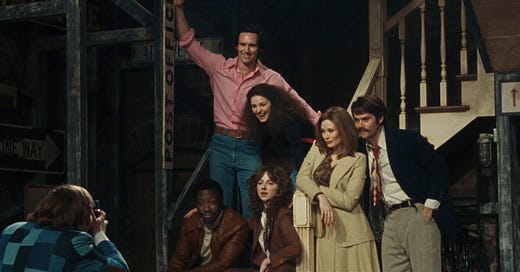'Saturday Night' Review: Jason Reitman's Film Works Best When It's Not About Lorne
The history of the sketch comedy series has some great ensemble parts
Keep reading with a 7-day free trial
Subscribe to The Film Maven to keep reading this post and get 7 days of free access to the full post archives.




